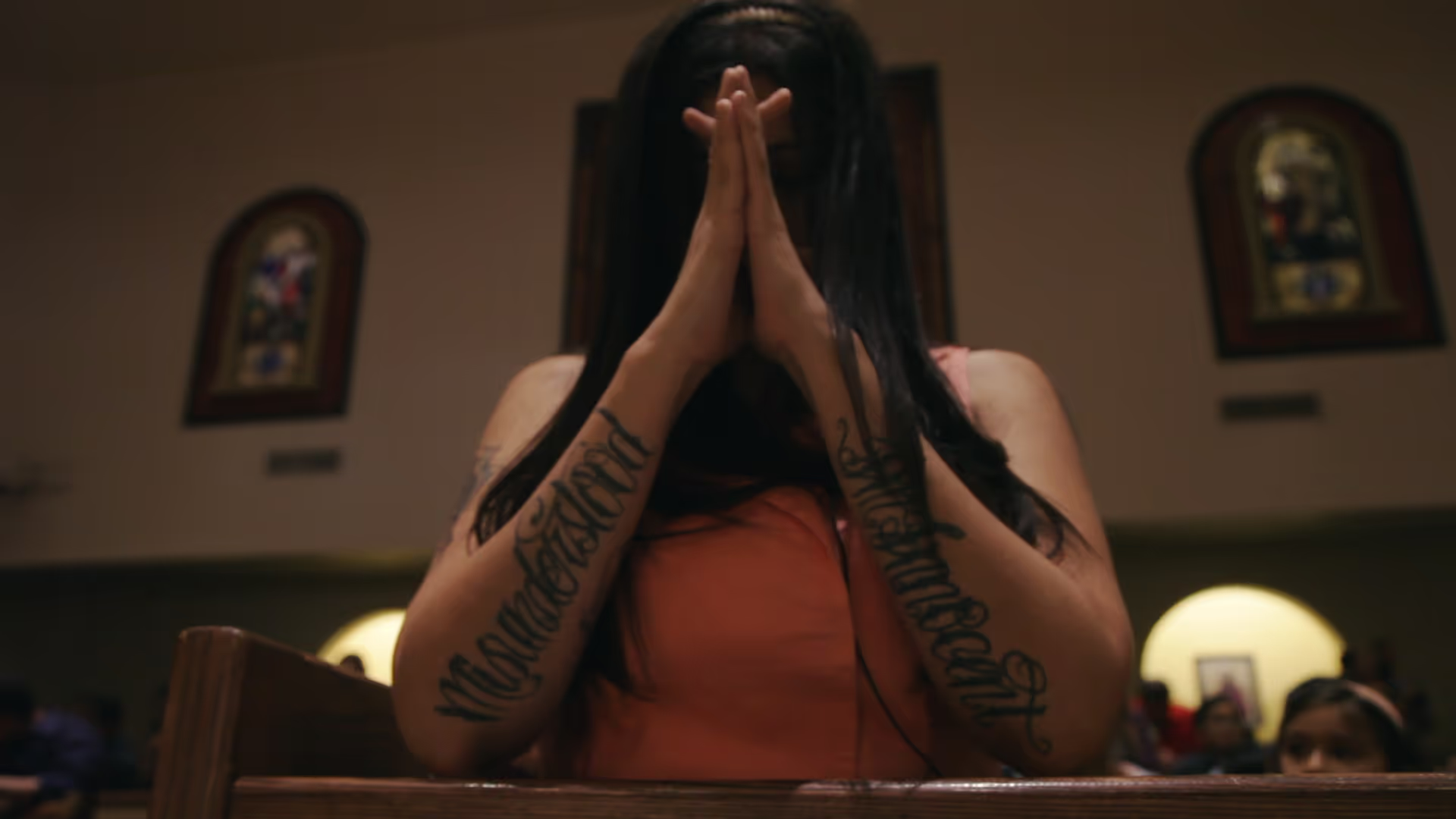On The Divide Discussion Guide Background Information
Background Information

Overview: Battles Over Reproductive Rights
Before Roe v. Wade (1973), the landmark Supreme Court ruling that recognized abortion as a legal right, almost every state in America had laws criminalizing abortion. Before this ruling, only a few states made exceptions for things such as rape and the protection of a mother’s life. In response to this ruling, in the last 50 years over 1,300 abortions restrictions have been instituted across the country). Anti-abortion laws block patients from getting necessary care by intentionally targeting people where they are most vulnerable: finances and structural supports. In 2014, 75 percent of all abortion patients were living below the federal poverty line. The average cost of an abortion during the first trimester is approximately 550 dollars, and the price rises as pregnancy progresses. This reality, coupled with transportation and potential childcare, as well as lost wages from taking time off work and lodging (if the center is not local), are some examples of barriers to accessing what the Supreme Court considers a constitutional human right. Another barrier was introduced three years after Roe v. Wade in the Hyde Bill, which prohibited anyone enrolled in Medicaid, Medicare, and other federal programs from using health insurance to cover abortion. Currently, eleven states also prohibit patients from using private health care to do so.
Resistance to gains made within fights for reproductive justice has been ongoing since the passage of Roe v. Wade in 1973, but 2021 was a record-breaking year for anti-abortion restrictions. In 2021, over 100 restrictions were instituted across the country, including the most restrictive ban reflected in Texas Senate Bill 8 (SB 8). This law cuts off access to abortion care at six weeks, despite the reality that many do not even realize they are pregnant that early. In Texas, approximately 85 to 90 percent of people who receive abortions are at least six weeks into their pregnancies, so this bill essentially seeks to remove general access to abortion care. SB 8 also empowers private citizens to enforce the law by recruiting them to report and sue people seeking to obtain abortions after six weeks.
Texas has a long history as one of the most aggressive anti-abortion states in the nation. In 2013, Texas lawmakers passed House Bill 2, a law with so many restrictions that it forced over half of the abortion clinics in the state to close due to the unnecessary and demanding standards imposed upon them. The closure of clinics happened before the Supreme Court was able to strike the law down as unconstitutional in 2016. Today, there are only 19 clinics to serve the over 5.4 million people of reproductive age in Texas.
In the face of this record-breaking year for anti-abortion restrictions, the pro-abortion movement also made strides to protect the right to choose. In 2021 almost 100 bills expanding abortion support were put through across the nation, 11 of which mandated insurance coverage of abortions, increased provider protections, and repealed major abortion restrictions, including criminal penalties).
Reproductive Justice and Marginalized Communities
Anti-abortion laws consistently impact the most marginalized communities in this country. A higher level of unintended pregnancies in these communities stems from numerous factors, including stymied access to health care and poor sex education in schools. In Texas, people of color make up 59 percent of the population, yet they are 74 percent of those receiving abortions. In the face of numerous barriers to abortion care, these communities have done what they always do when the government restricts access to their constitutional rights–relied on mutual aid and community-based support.
Numerous nonprofits and grassroots community organizatins formed and/or gained stronger support in the face of anti-abortion laws in order to provide sex education, ride shares, child care, abortion accompaniments, partial or full funding for abortions, lodging, and emotional support. These organizations work to educate communities about life-saving resources, lead pro-abortion campaigns, and coordinate mutual aid. In the wake of SB 8, many reproductive rights organizations in Texas were faced with needing to make major shifts. According to Anna Rupani, the executive director of the pro-choice nonprofit Fund Texas Choice, the bill “increases the average driving distance to access an abortion clinic by nearly 15 times. Since September 1, 99 percent of [our] clients have had to travel out of state to get access to care.” While providing abortion care is becoming more complicated for organizations navigating this latest restriction, the outpouring of support from the pro-choice movement has also offered many organizations greater capacity to support patients and communities. One example is Whole Woman’s Health in McAllen, Texas, which is now able to provide completely free abortion services because of the generous funding that came in reaction to SB 8.
